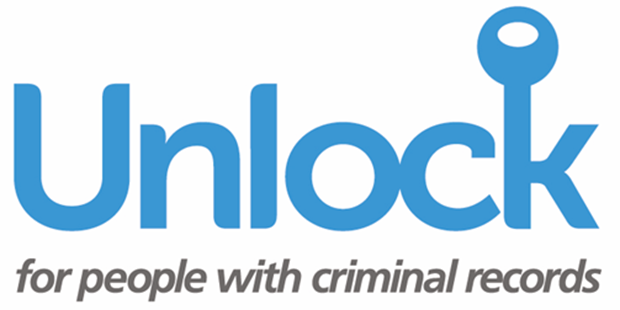Information about cautions and convictions are stored on a criminal record. Details have to be disclosed not just when applying for a job but also when trying to access education, housing, travel visas or even insurance.
The law governing disclosure is slightly different for incidents that occurred during childhood, but the impact of a childhood criminal record can still last a lifetime. And, if someone turns 18 years old before receiving a caution or conviction, they are subject to the adult system. All adults over 18 are treated the same with no dispensation for young adults or developing maturity.
What must be disclosed or what might be included on a criminal record check is complicated and depends on the offence, the punishment received and the type of criminal record check. There are four different levels of check: basic, standard, enhanced and enhanced with barred lists. Different situations require different checks. In some situations – for example applying for a job in health or teaching which require the highest level of criminal record check – all convictions will be disclosed forever, regardless of someone’s age when they received it.
For the strictest level of check, anything recorded on the Police National Computer (PNC) can be disclosed at the discretion of the office dealing with the disclosure. Arrests or warnings can be shared if they think it is relevant, as can records of Outcome 21 and 22 decisions. Children and those supporting them are often told that accepting a caution will mean ‘the end of it’ and even that a child’s PNC record will be wiped when they turn 18. This is just not true: a caution will stay on a person’s record for 100 years and could be disclosed in any enhanced check during that time.
Professionals supporting children and young adults who are in contact with the criminal justice system should ensure children and young adults:
Unlock is the national charity for people with criminal records. Its website provides lots of information and advice. The charity also runs a helpline and offers regular training events and workshops for professionals.
